MTU has been working in cooperation with Pratt & Whitney on developing and manufacturing the PW2000 engine family since 1979. These engines are used in both the commercial and military sectors, particularly in medium- and long-haul operations.
MTU’s program share of 21.2 percent in the construction of this successful engine comprises the development of the low-pressure turbine and the turbine exit case as well as the production of the most important parts of the low-pressure turbine and other high-quality components. MTU’s low-pressure turbine for the PW2000 was the first the company had developed independently for a commercial application. MTU provides technical and logistical support for the F117 military application, which powers the Boeing C-17 Globemaster.
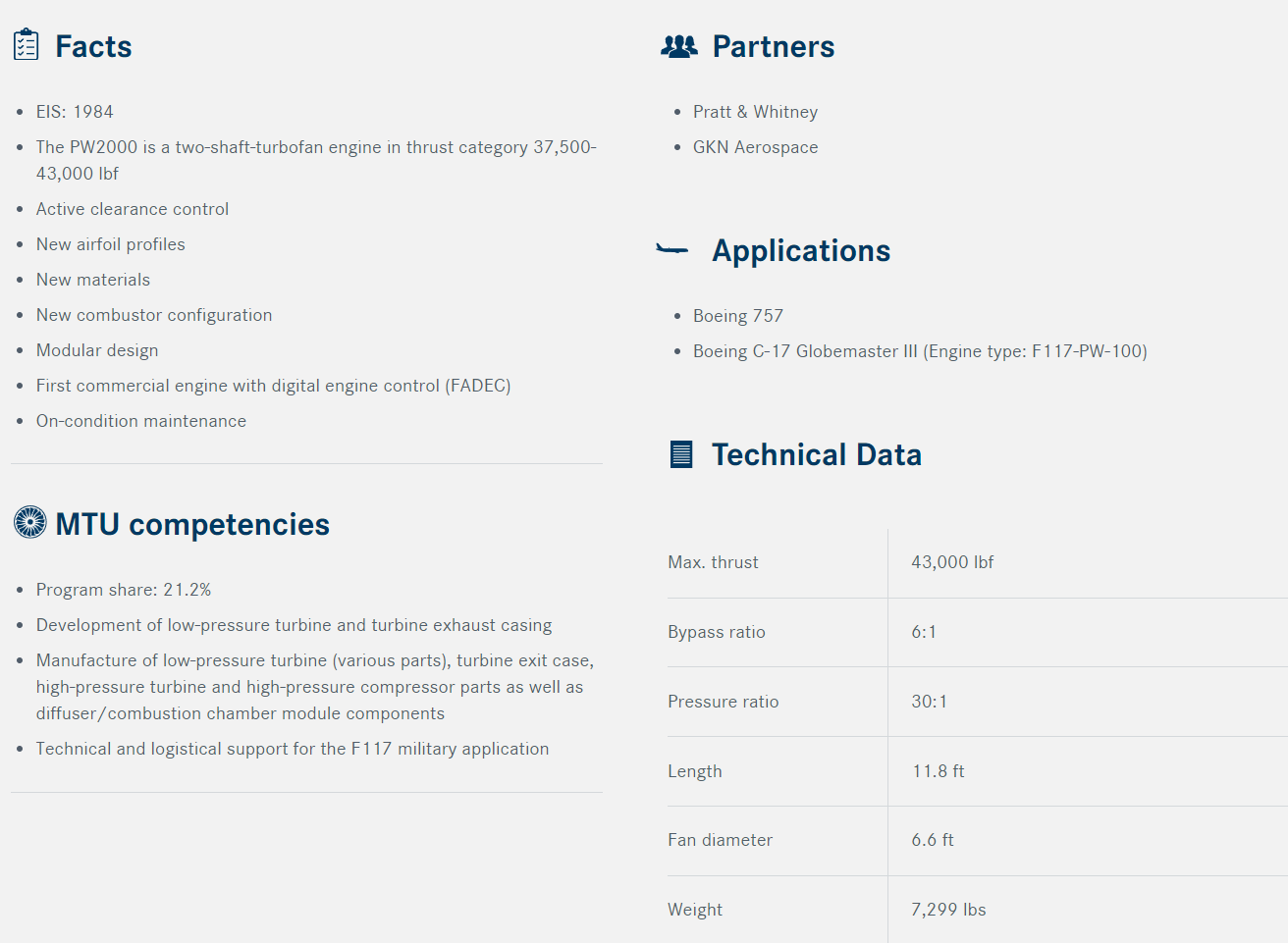
Yes, we retrofit legacy systems (e.g., GE Frame 5, Siemens V94.2) with modern digital controllers, typically completing hardware integration within 4-8 weeks. Software migration requires additional validation time.
We recommend annual performance testing under ISO 3977-2 standards. Critical applications (e.g., offshore platforms) may require semi-annual tests with emissions compliance checks.
All rad-hard devices (e.g., FPGA, ADC) are QML Class V certified under MIL-PRF-38535 and tested to MIL-STD-883 Method 1019 for SEU tolerance. Full qualification reports are available upon request.
Our ASICs and power management ICs operate across -55°C to +175°C ambient temperatures, with derating curves provided in military temperature range (MTR) datasheets.
Our PMA parts (e.g., actuators, sensors) hold FAA/EASA Form 1 certification and match OEM form/fit/function. Installation requires SB/MB documentation per FAA AC 23.1529.
All NAS/MS fasteners include full DNA traceability: melt source (AMS 2301), heat/lot numbers, and AS9100-compliant MTRs with ultrasonic test reports.
AOG orders ship within 4 hours for stocked items (FAA-PMA, EASA Part 21G). Non-stock critical parts trigger priority manufacturing with 72-hour max turnaround.
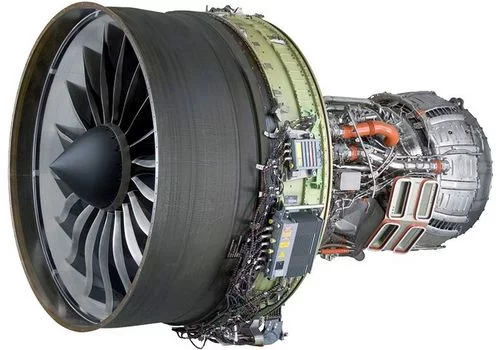
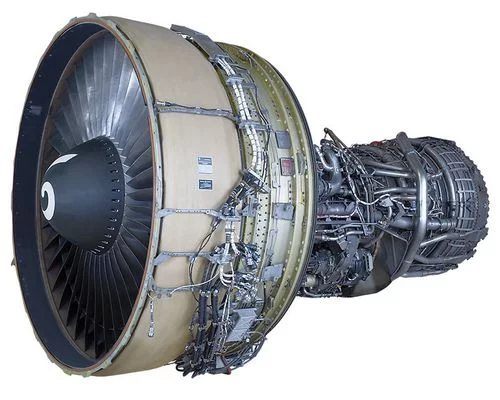
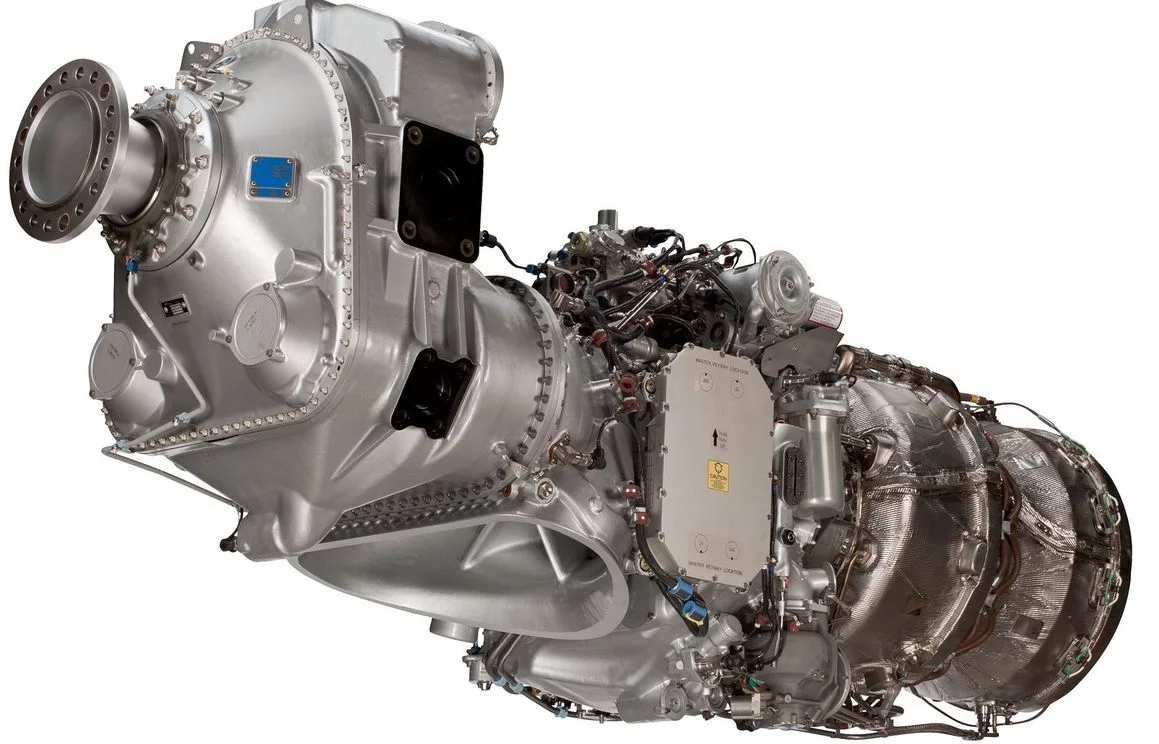
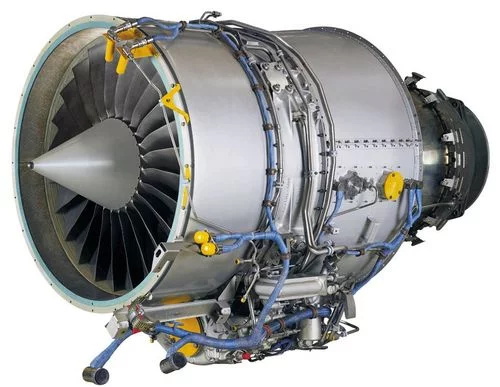
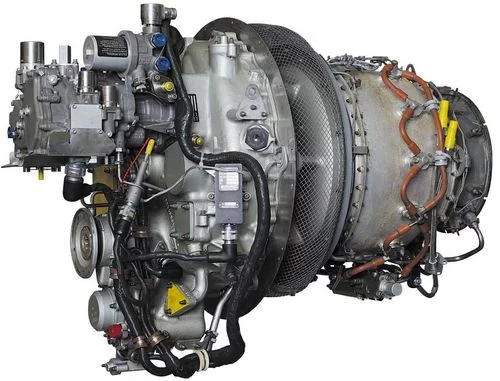
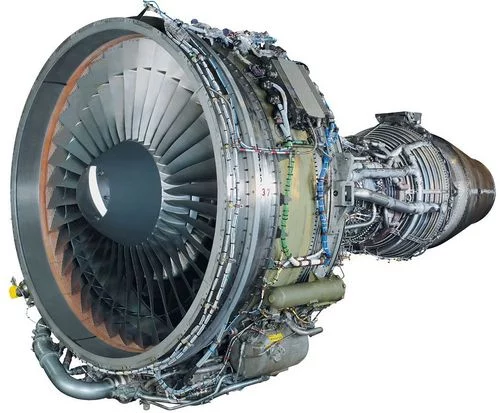
 Gas Turbine
Gas Turbine
 Aircraft parts
Aircraft parts